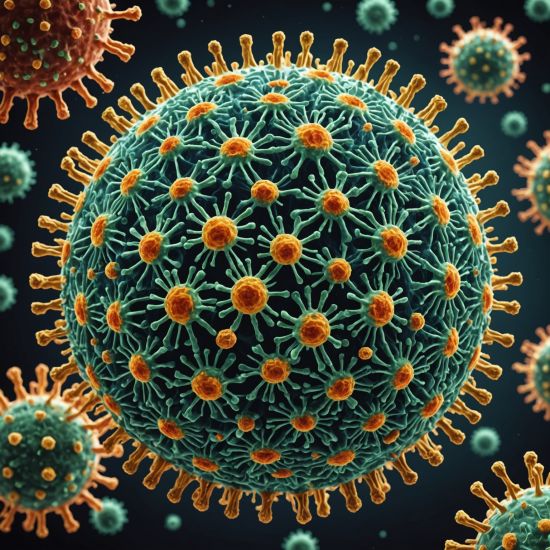The Role of Histamine in COVID-19 Prevention

Histamine and the Immune System
Histamine is a chemical messenger that plays a crucial role in the body's immune response. It is released by mast cells and basophils, which are types of white blood cells, when the body detects a foreign substance or allergen. Histamine causes blood vessels to dilate and become more permeable, allowing immune cells and fluid to reach the site of infection or injury. It also stimulates the production of mucus, which helps to trap and remove foreign particles.
Histamine and COVID-19
Several studies have suggested that histamine may play a role in the prevention and treatment of COVID-19. One study found that people with higher levels of histamine in their blood were less likely to develop severe COVID-19 symptoms. Another study found that histamine can inhibit the replication of the SARS-CoV-2 virus, which causes COVID-19.
Potential Therapeutic Uses of Histamine
Based on these findings, there is growing interest in the potential therapeutic uses of histamine for COVID-19 prevention and treatment. Some researchers are investigating the use of histamine supplements or drugs that increase histamine levels in the body. Others are studying the use of histamine antagonists, which block the effects of histamine, to treat severe COVID-19 symptoms.
Conclusion
While more research is needed to fully understand the role of histamine in COVID-19, the current evidence suggests that it may play a beneficial role in preventing and treating the disease.







